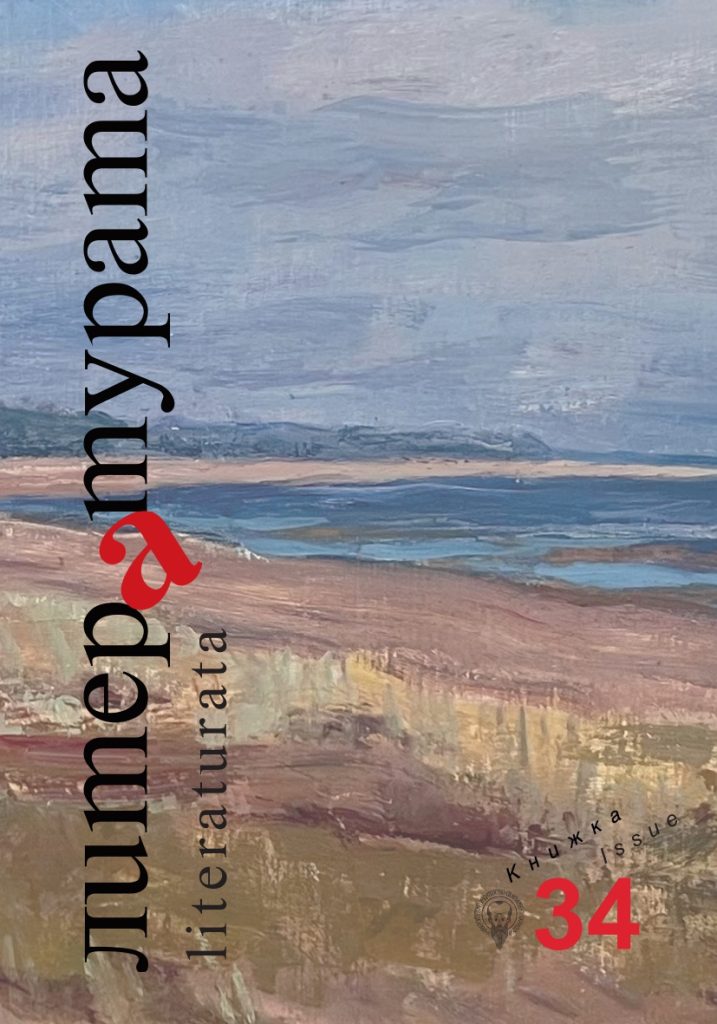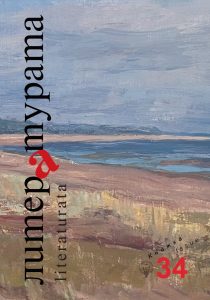https://www.ceeol.com/search/article-detail?id=1346212
https://doi.org/10.60056/Lit.2025.34.313-349
Why Is a Man More Terrifying Than a Bear: Ecocritical, Feminist and Literary Reflections on Nature as a “Preferred Beast”
Preslava Peneva
This article explores the literary motif of nature as a “preferred beast” through the prism of ecocritical and feminist theories, putting into dialogue the novels “Howl” (2023) by Alexander Skald and “Weyward” (2023) by Emilia Hart. At the center of the analysis is the opposition between nature’s cruelty – inevitable, cyclical and arising from the laws of survival – and human violence, which is conscious, sadistic and aimed at implementing submission and domination. Examining the female body as a field of socio-political battle and nature as a space of retribution, the text demonstrates how in these works the wild turns out to be not a fearsome threat, but the last, fairest instance for administering justice. The study argues that if nature is a beast, then its cruelty is predictable, while true horror stems from the human desire for control and senseless destruction. The article focuses on the opposition between man, associated with civilization and its hierarchies, and woman, traditionally associated with nature – bound to its cycles, strength, and intuitive justice. In the analyzed novels under consideration, nature does not simply offer refuge from patriarchal violence, but appears as its antithesis – not as a chaotic and destructive element, but as a supreme judge, restoring the order that civilization has distorted.
Keywords: nature and literature; ecology and literature; ecocriticism; deep ecology; ecological ethics; anthropocentrism; ecocentrism; nature VS culture; posthumanism; biocentrism; ecophilosophy
About the author: Preslava Peneva is a philologist by education – in 2023 she graduated in Bulgarian philology at the Sofia university “St. Kliment Ohridski”, and in 2024 she obtained a master’s degree in literary studies. She is currently a full-time PhD student at the Department of Bulgarian Literature in the field of “Bulgarian Literature between the Two World Wars”. She is the author of several publications in various scientific issues, dedicated to various fields – literary studies, linguistics, anthropology. She participates in the scientific project SUMMIT “Literary History in the 21st Century: Global Models and Bulgarian Practices” at Sofia University Her interests are in the field of Bulgarian literature, comparative literary studies and the relations between literature, history and ideologies.


